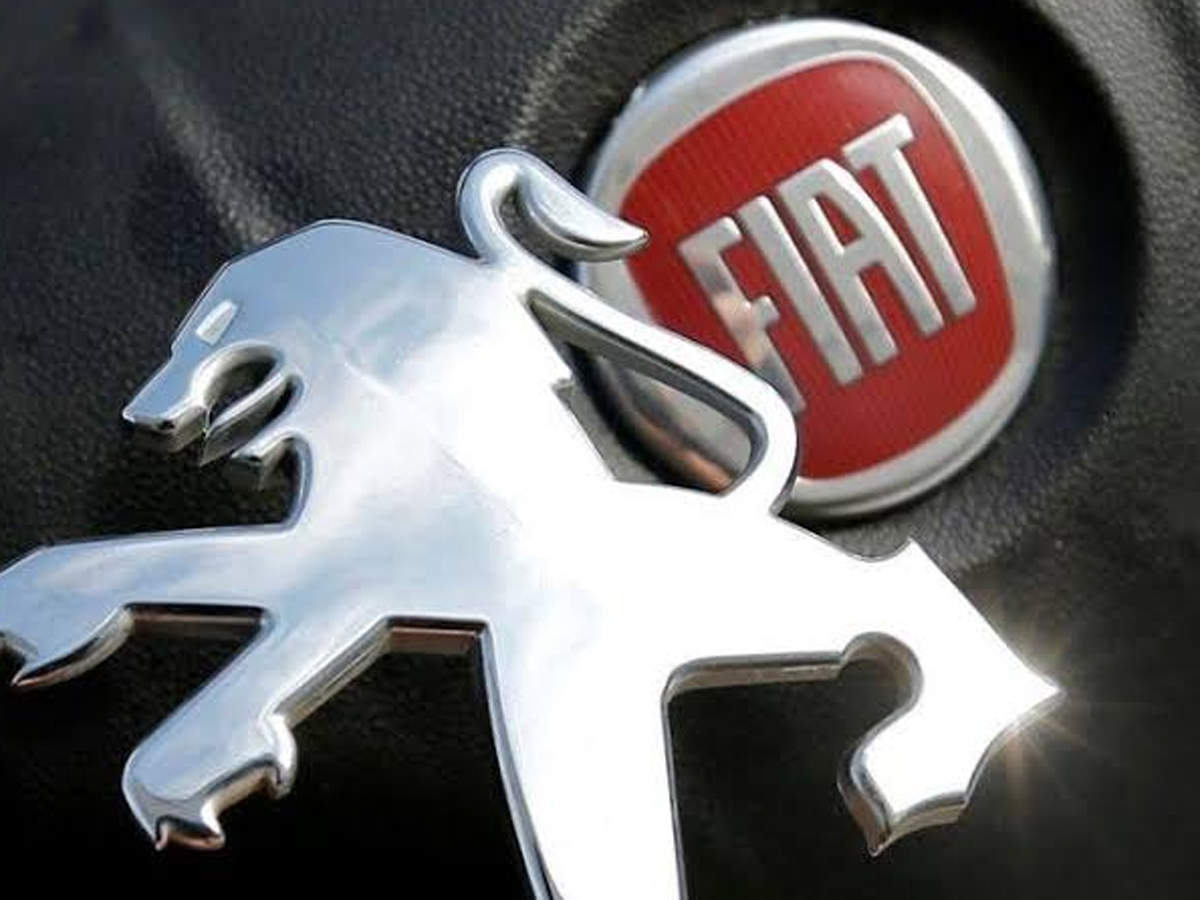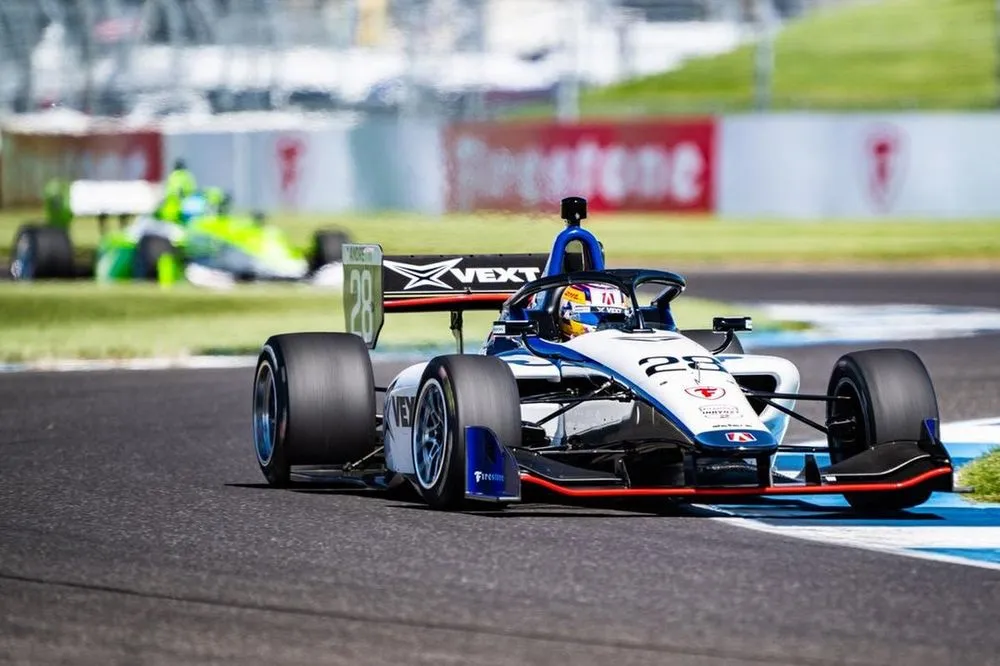This year too we witnessed several mergers and acquisitions with big or small OEMs, technology companies. Some major auto companies made headlines with their M&As, in the unconventional space too.
Here are a few such mega M&As across the world auto industry to look back in 2019.
FCA and PSA merger forms the world's fourth-largest auto group
This was the biggest merger of 2019 with the two companies from each side of Atlantic forming world's fourth-largest OEM by volume and third-largest by revenue with annual sales of 8.7 million units and combined revenues of nearly $190 billion with a recurring operating profit of over $12.2 billion and an operating profit margin of 6.6 per cent.The two auto giants have announced to create a diversified business with among the highest margins in their core markets like Europe, North America and Latin America. The merger is claimed to deliver synergy worth approximately 3.7 billion Euro per year. Also, due to this merger, there was no plant closure as well.
The Groupe PSA owns auto brands like Peugeot, Citroen, DS, Open and Vauxhall, while FCA owns the brands like Fiat, Chrysler, Dodge, Alfa Romeo, Maserati etc. Combined, the two groups have around 12 niche auto brands and all of them will continue to remain.
As part of this merger, these two auto groups are likely to produce 70 per cent of their total cars based on two PSA architectures, the EMP1 and EMP2.
Toyota and Subaru expands partnership
Japanese automaker Toyota has expanded its partnership with Subaru Corporation in September 2019. Toyota announced its plan to raise stake in Subaru from 16.8 per cent to 20 per cent. The two companies will invest more efficiently in new technologies suitable for the connected, autonomous, shared and electric (CASE) vehicles.
Daimler and Geely joined hands for e-mobility
In March 2019, German auto giant Daimler announced its 50-50 joint venture with Chinese company Geely, which is the parent group of Volvo. As part of this, the two company will work in China to offer e-mobility services.
Mahindra-Ford formed $275 million JV
Indian SUV specialist, Mahindra & Mahindra Limited (M&M) and Ford Motor Company came together for an agreement in October 2019 to start a joint venture to develop, market and distribute the Amerian automaker's vehicles in India. The Rs 1,925 crore JV aims to boost optimized sourcing, product development, use of relevant technologies and a global network as well.
Mahindra owns a 51 per cent stake in this JV that would be operational in mid-2020, while Ford holds 49 per cent share. Also, as part of the deal, Ford will transfer its India operations to the joint venture, which include the automaker's personnel and assembly plants in Chennai and Sanand. It comes as the next step in the strategic alliance formed by the two automakers in September 2017.
Toyota buys around 4.94% in Suzuki's stock
In August 2019, Toyota and Suzuki strengthened their ties by buying small stakes in each other in order to further utilise their synergies. Toyota announced the decision of buying a 4.94 per cent stake in Suzuki's stock amounting $907 million. On the other hand, Suzuki bought Toyota's shares worth $453 million. This step comes as part of the Suzuki-Toyota collaboration formed in February 2017.
As part of this global partnership, the two companies will co-operate with each other for electric and hybrid models, sharing cars, and developing self-driving technology as well. In India, Toyota Kirloskar Motor launched the Glanza premium hatchback earlier this year, which is a rebadged version of the Maruti Suzuki Baleno and this came as part of the contract between the two company.





